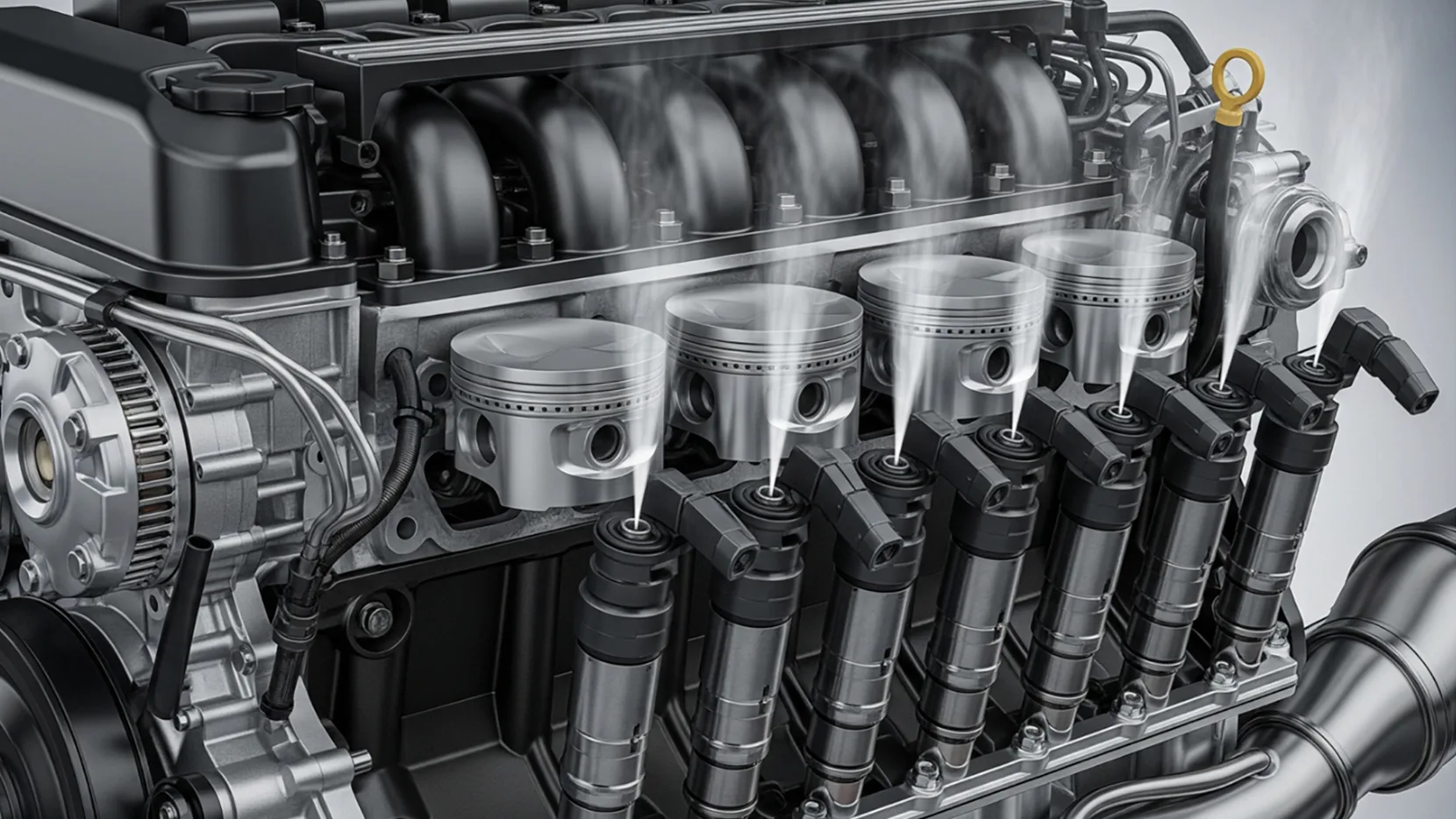Introduction: the common mistake that’s costing you engine performance
If you’ve ever stood in front of a shelf stacked with bottles labelled octane booster and injector cleaner, you’re not alone. Most car owners pause at this exact moment, unsure which one their engine really needs. Many simply grab what sounds stronger, shinier, or more promising for speed—usually the octane booster. But here’s the truth: choosing the wrong fuel additive doesn’t just waste money, it can also keep your car from running at its best.
Understanding the difference between octane boosters and injector cleaners is the first step towards better engine performance, longer vehicle life, and fewer headaches on the road.
Why 80% of car owners pick the wrong fuel additive?
When we hear the word octane, our minds jump to speed, power, and performance. It sounds like something every driver would want. That’s why nearly 80% of car owners reach for an octane booster when their engine feels sluggish or underwhelming.
The problem? Most cars are designed to run on regular fuel. Unless your vehicle specifically requires high-octane petrol—like many high-performance or turbocharged engines—using an octane booster won’t deliver noticeable benefits. It’s like wearing running shoes to walk to the corner shop: technically fine, but unnecessary.
What your car often needs instead is a cleaner—not more octane.
Octane boosters: when your engine actually needs higher octane
Octane boosters increase the fuel’s ability to resist knocking—a rattling or pinging sound that occurs when fuel combusts prematurely in the engine. Knocking can harm your engine over time, which is why high-performance engines are built to run on higher-octane fuel.
But here’s the catch: if your owner’s manual recommends regular petrol, your car won’t magically gain power from octane boosters. In fact, you might not feel any difference at all. Octane boosters are essential only when:
- You drive a performance or luxury car that requires high-octane fuel.
- Your engine is knocking or pinging under load.
- You’ve modified your engine for higher compression.
For everyone else, octane boosters can be more placebo than performance.
Injector cleaners: the hidden solution for poor performance
If your car hesitates when accelerating, idles roughly, or struggles with poor fuel economy, the culprit is often dirty injectors. Over time, fuel injectors accumulate deposits that restrict the flow of fuel into your engine. Even a thin layer of build-up can affect spray patterns, leading to incomplete combustion.
That’s where a fuel injector cleaner works its quiet magic. By dissolving these deposits, injector cleaners restore your car’s ability to deliver the precise fuel-air mixture the engine needs. The result? Smoother acceleration, better mileage, and an engine that feels more alive.
Unlike octane boosters, injector cleaners address an issue that most cars—new and old—inevitably face as they clock more miles.
The simple test to know which additive your car needs
So how do you decide—octane booster or injector cleaner? Here’s a quick way to check:
- If your car manual requires high-octane fuel and you hear knocking, an octane booster may be necessary.
- If your car feels sluggish, consumes more fuel, or vibrates at idle, an injector cleaner is usually the solution.
For many everyday drivers, a fuel injector cleaner will deliver more noticeable results than octane boosters ever could.
Conclusion: make the right choice with Milex performance solutions
Your car doesn’t always need more octane—it often needs a good clean. Choosing the right engine performance additives is about knowing what your engine is asking for. Octane boosters are for specific needs, while fuel injector cleaners are the unsung heroes of everyday driving.
At Milex, we design our additives with both performance and protection in mind. Whether your car is showing signs of knock or needs a deep injector clean, Milex has the right solution to keep your engine running stronger, smoother, and longer.
Make the smart choice. Make it with Milex.
- Boost Your Car’s Performance with Petrol Additives
- Boost Mileage & Engine Health with Fuel Additives
- Role of Fuel Additives in Liquid Cooled Engine Bikes
FAQs
How do I know if my engine needs octane booster or injector cleaner?
If you hear knocking or pinging under load, that points to low octane. If you experience hesitation, poor mileage, or rough idle, that points to dirty injectors.
Can using the wrong additive damage my engine?
Yes, overusing octane boosters in cars not designed for them may foul spark plugs or leave residue. Similarly, using poor-quality injector cleaners can harm fuel system components. Always choose trusted brands like Milex for safe results.
Is it safe to use both octane booster and injector cleaner together?
Yes, but only if your engine genuinely needs both. Some drivers of performance cars use both additives strategically—injector cleaner for maintenance and octane booster for preventing knock.
Which additive works faster for improving acceleration?
Injector cleaners usually offer a more immediate improvement in acceleration because they restore proper fuel flow. Octane boosters, on the other hand, only show results if your engine is already struggling with knock.
Do newer cars need different additives than older vehicles?
Both new and old cars benefit from injector cleaners, though newer engines with precise fuel systems are more sensitive to deposits. High-performance new cars may also require higher octane, but again, always check your manual.
